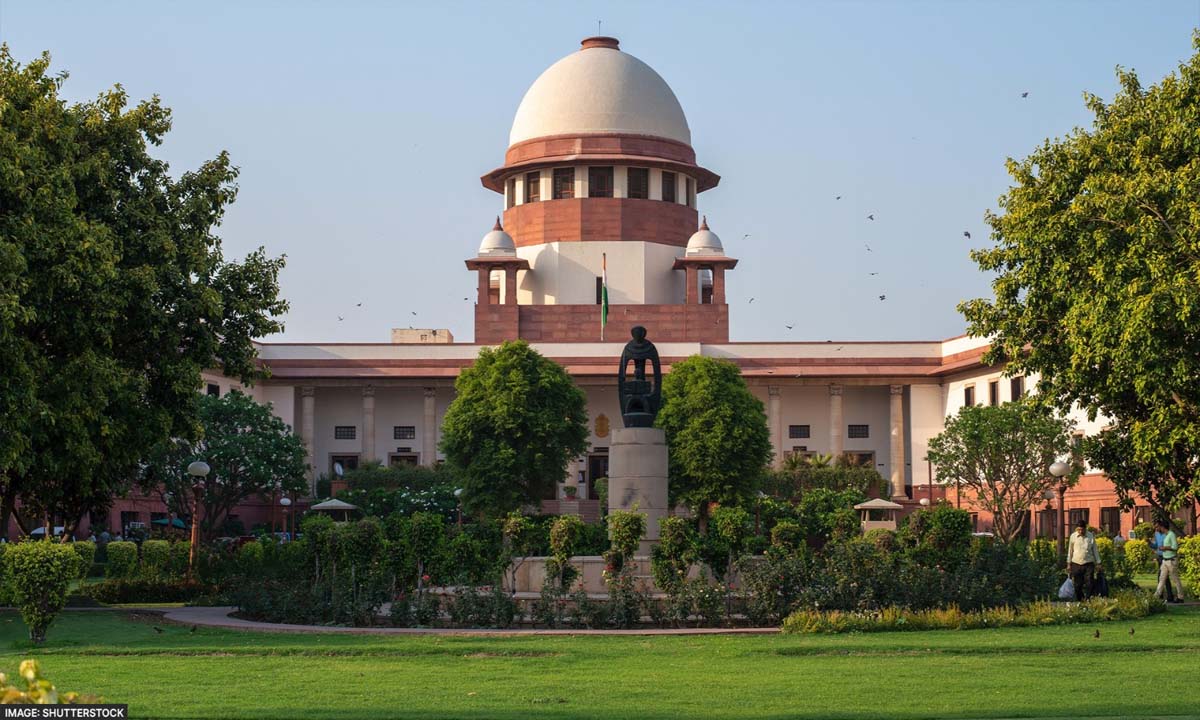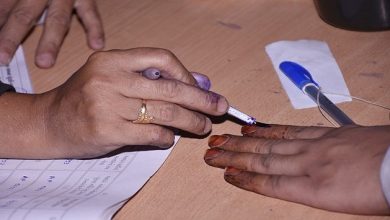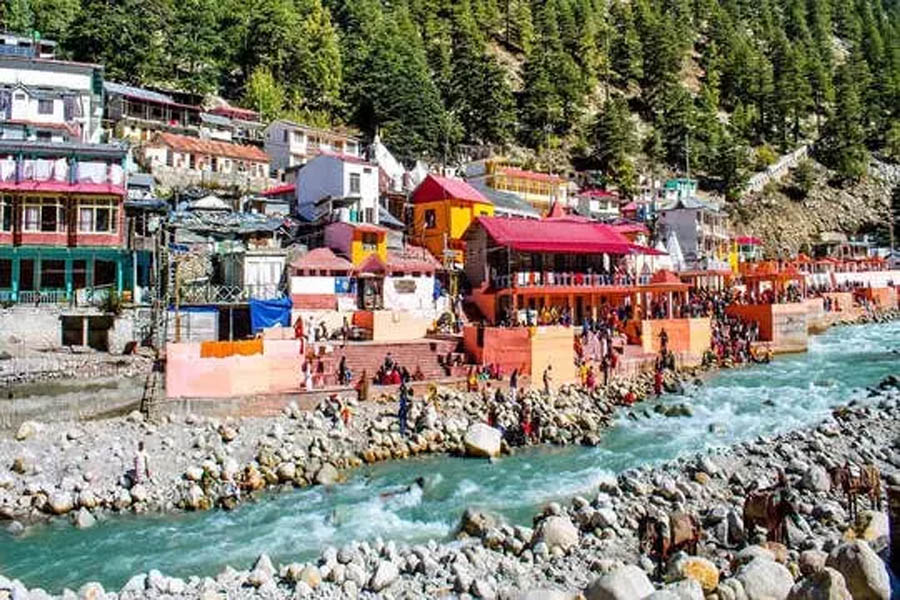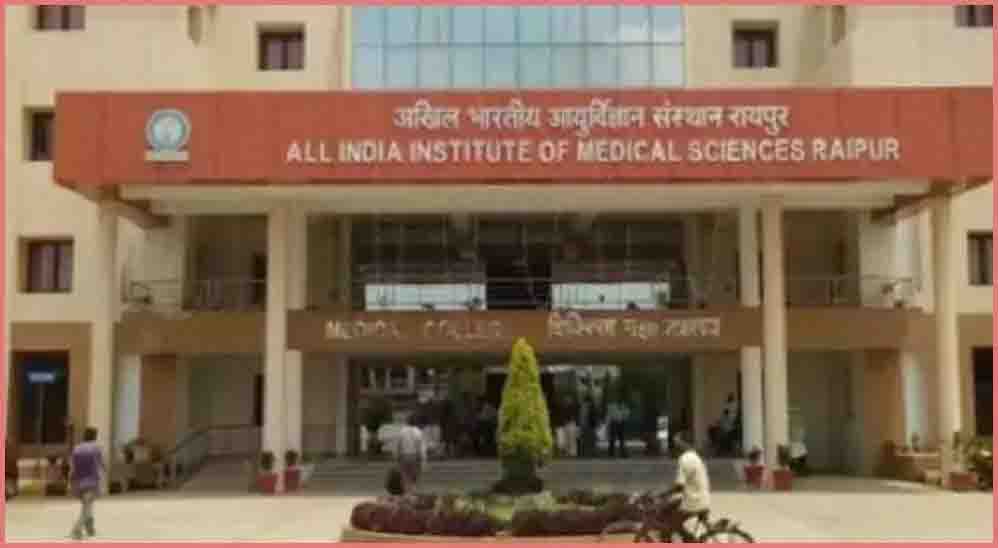Supreme Court’s divided decision on gay marriage: Refused to recognize same sex marriage, couple can adopt child, governments should end discrimination

The Constitution bench of 5 judges gave its verdict…
New Delhi: The Supreme Court has given its verdict on the petition to give legal recognition to same sex marriage. On making law, SC clearly said that it is not within our power. The court said that there are four decisions in this case. Some are in agreement and some are in disagreement. CJI said, the court cannot make law, but can interpret the law. During the decision, CJI and Justice Bhat expressed disagreement with each other.
The CJI said that the purpose of the instructions is not to create any new social institution. They give effect to the fundamental rights under Part 3 of the Constitution. CJI said, CARA Regulation 5(3) indirectly discriminates against abnormal unions. A homosexual person can adopt only in an individual capacity. This has the effect of strengthening discrimination against the gay community. Married couples can be separated from unmarried couples. The respondents have not placed any data on record to show that only married couples can provide stability.
CJI said that I disagree with the decision of Justice Ravindra Bhatt. Contrary to the decision of Justice Bhatt, the directions given in my judgment do not result in the creation of any institution but rather give effect to the fundamental rights under Part 3 of the Constitution. My brother Justice Bhatt also accepts that the state is discriminating against the gay community. He does not use powers under Article 32 to alleviate their plight.
Big things in CJI’s decision…
– It is noted that separation for a married couple is restrictive as it is regulated by law but it is not so for an unmarried couple.
– The stability of a home depends on many factors leading to a healthy work life balance and there is no single definition of a stable home and the pluralistic nature of our Constitution allows for different types of associations.
– CARA Regulation 5(3) discriminates between partners in unusual unions. This would adversely affect non-heterosexual couples and thus an unmarried heterosexual couple could adopt, but not so for the gay community.
– The law makes no assumptions about good and bad parenting and perpetuates a stereotype that only heterosexuals can be good parents. Thus the regulation is considered infringing to the gay community.
– CJI said, the purpose of the instructions is not to create a new social institution. This court is not merely making a rule for a community through the order, but is recognizing the right to choose a life partner.
What did Justice Kaul say…
– Justice SK Kaul said in his decision on gay marriage, I broadly agree with the CJI. The court cannot be offended by the popular perception of majority morality. In ancient times, same sexes were recognized as a relationship fostering love and care. The laws regulate only one type of union – heterosexual unions.
– Kaul said, non-heterosexual unions have to be protected. Equality demands the right to be available to all. The rights that come from marriage are spread across a cosmic web of laws. Non-heterosexual and heterosexual unions should be considered two sides of the same coin.
What did Justice Bhatt say…
– I do not agree with the conclusions and instructions taken by the CJI. We agree that there is no fundamental right to marry. The Special Marriage Act is not unconstitutional. Transgender persons in heterosexual relationships have the right to marry under the SMA.
Constitution bench of 5 judges gave its verdict
Let us tell you that in this case, the Constitution bench of five judges in the Supreme Court had completed the hearing on May 11 and had reserved the decision. Earlier, a petition was filed in the Supreme Court on behalf of 18 gay couples. In the petition, they had demanded recognition of their relationship with the legal and social status of marriage. The bench hearing the petitions included Chief Justice DY Chandrachud and Justices SK Kaul, SR Bhatt, Hima Kohli and PS Narasimha.
















